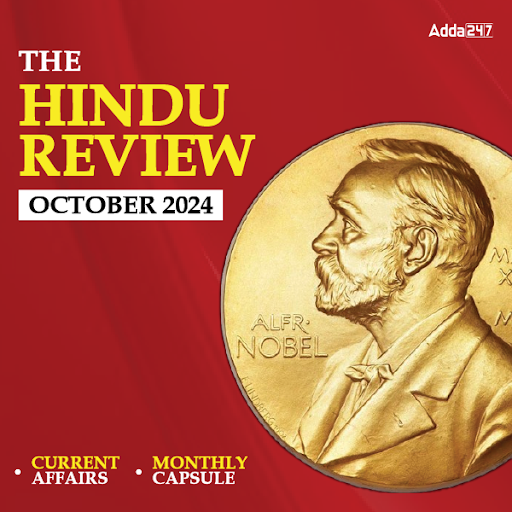Q1. The RBI has given permission for cash withdrawal at “POS terminals”. What is the full form of “POS”?
(a) Permitted on Sale
(b) Potential of Service
(c) Point of Sale
(d) Permission of Sale
(e) None of the above
Q2. Which of the following is NOT a banking related term?
(a) SME Finance
(b) Overdraft
(c) Cheque
(d) Equinox
(e) None of the above
Q3. “Doing Business Report” is prepared by which of the following organizations every year?
(a) Asian Development Bank (ADB)
(b) World Bank
(c) International Monetary Fund (IMF)
(d) World Trade Organisation (WTO)
(e) None of the above
Q4. “Yen” is the currency of?
(a) China
(b) South Korea
(c) North Korea
(d) Japan
(e) None of the above
Q5. Many times we read in financial newspapers/magazines about Systematic Investment Plans(SIPs). SIPs are an investment option also operated in the mode of?
(a) Mutual Funds
(b) Small Savings Schemes in Post Offices
(c) National Pension Fund
(d) National Saving Certificates
(e) None of the above
Q6. Which Bank is the Banker to the Central Government?
(a) Central Bank of India
(b) Reserve Bank of India
(c) Punjab National Bank
(d) All of the above
(e) None of the above
Q7. The term ‘Ways and Means’ advances refers to?
(a) The temporary advance made to the government by its Bankers to bridge the interval between expenditure and the flow of receipt of revenues
(b) the advance given by the Banks to the poorest of the society
(c) lending made under PMRY scheme
(d) All of the above
(e) None of the above
Q8. The Reserve Bank of India is also called the lender of the last resort of Scheduled Commercial Banks because?
(a) RBI meets directly or indirectly all the reasonable demands for financial accommodation subject to terms and conditions of the discount rate policy of RBI
(b) they are not able to get facilities from other Banks
(c) Both of the above
(d) Either (a) or (b)
(e) None of the above
Q9. Pledge means?
(a) advance against goods
(b) open working capital limits
(c) bailment of goods as security for payment of a debt or performance of a promise
(d) All of the above
(e) None of the above
Q10. What are the RBI guidelines for the development of Interest Rate Swaps (IRS)?
(a) Banks can use IRS for hedging and Trading both
(b) MIFOR is a benchmark for IRS
(c) Under ISDA agreement Banks can opt for dual jurisdiction i.e., Indian as well as common law
(d) All of the above
(e) None of the above
Q11. Which of the following apex body and regulators has asked banks to swap customer related information so that the frauds and defaults may be prevented in future?
(a) Bombay Stock Exchange (BSE)
(b) Indian Bank’s Association (IBA)
(c) Securities & Exchange Board of India (SEBI)
(d) Reserve Bank of India (RBI)
(e) None of the above
Q12. Who amongst the following is the author of the book (released recently) “India and Global Financial Crisis : Managing Money and finance”?
(a) Dr. Bimal Jalan
(b) Dr. C. Rangarajan
(c) Dr. Manmohan Singh
(d) Dr. Y. V. Reddy
(e) None of the above
Q13. The Reserve Bank of India does not print currency notes of the denomination of Rs. …………….
(a) 20/-
(b) 50/-
(c) 3,000/-
(d) 1,000/-
(e) None of the above
Q14. Which of the following is considered as the financial capital of India?
(a) New Delhi
(b) Kolkata
(c) Ahmedabad
(d) All of the above
(e) None of the above
Q15. “Micro Credit” means?
I. Loan of very small amount
II. Loans to Corporate Sector
III.Loans amounting Rs 50 lakhs to Rs 5 crores to Medium and small Industries Units
(a) Only (I)
(b) Only (II)
(c) Only (I) and (II)
(d) All of the above
(e) None of the above




 The Hindu Review October 2022: Download ...
The Hindu Review October 2022: Download ...
 Important Essay Topics for IBPS PO Mains
Important Essay Topics for IBPS PO Mains
 Weekly One Liners 18th to 24th of Novemb...
Weekly One Liners 18th to 24th of Novemb...




